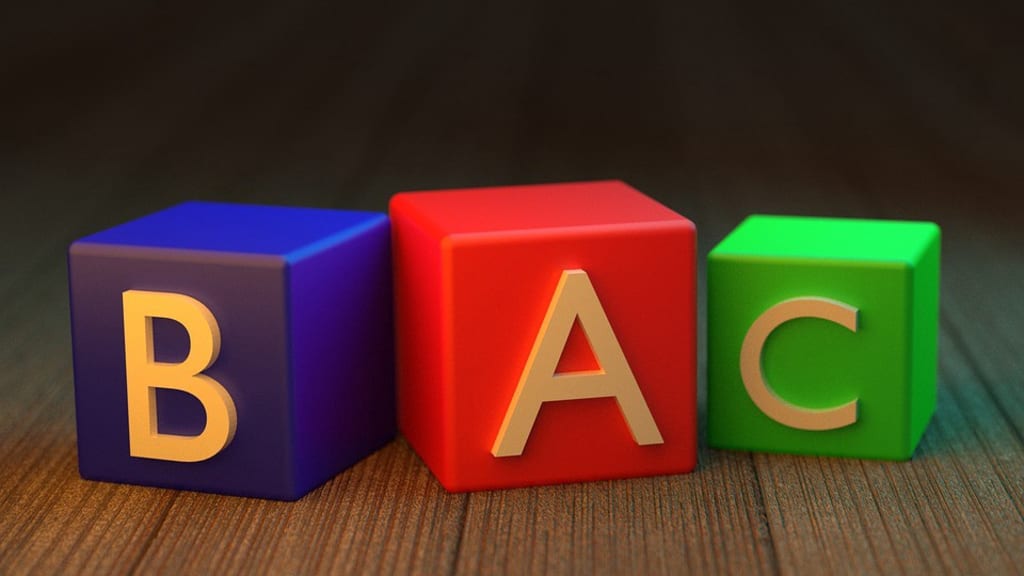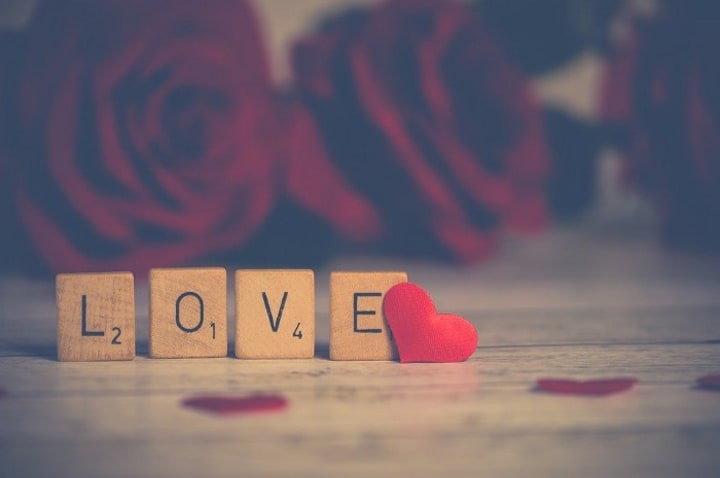We All Lost Something When Words Became Too Powerful
The Changes And Power Surrounding Words

Words aren’t supposed to hurt. The smallest, youngest of us, play with blocks printed with letters. We encourage them to make words, learn to speak, and express themselves. Somewhere along the way, words took on a new meaning in society. We lost when we started letting words hurt as much as sticks and stones or fists and guns.
People Used To Be Tough Enough To Hear Words
Once upon a time, people were tough enough to hear words without flying off the handle. Words were mere sounds uttered by a person. No, not all of them were intelligently spoken words. People used hateful words when they were angry. We’re all human and at some point, we’ve said something to someone that was unnecessarily hurtful.
Erroring as a people, we sometimes forget our manners. That’s when we speak to people inappropriately. Most of the time, it’s due to the loss of our composure, intense emotions, or anger. I’d bet that in those instances if you look back now, you felt ashamed or regretful over your actions.
At a certain point in time, words began to take on a new level of importance. How we chose our words began to matter more depending on the circumstances at hand and the people involved. Your words became less about you and more about the ones around you. People lost a degree of toughness as times changed. No longer were words just sounds uttered in the distance and carried through the air.
Now words began to hurt people. Words began to push people’s fractured psyches into a dangerous place.

The Punching Power of Words
Words have been working out, getting stronger, and perfecting their aim. Or is more believable that people are feeling the effect of words more than just thirty or forty years ago? At my age, words have become more effectively used as weapons because people are different than they were 40 years ago.
Some words have always been with us. Things like name-calling, razzing, hazing, and teasing have turned into what people refer to as “bullying” by today's standards. So, the standard has changed. Bullying 40 years ago was a physical action or at the very least, a threat of physical actions.
But as we have evolved to where we are today, bullying now includes verbally abusive languages.
The differences in who we are as a species over just 40 years have given words an immense amount of power.
Man, Palpatine was one ugly, deformed, son of a b****. Nope, you can’t say that to someone anymore because it might hurt their feelings, drive them into depression, or cause them to think about suicide. It sounds absurd, but it happens regularly in the age of the internet and social media. So, it makes me wonder, am I right that people have changed enough that we gave words the power they have today?
Are we giving words too much power? I can’t speak for every single instance that words affected someone to a degree that it became a tragedy. At face value, it does appear that people give words far too much power. We don’t live in a utopian society where everyone gets along with one another. There are always going to be people out there that will go out of their way to be mean, cruel, and just downright nasty.
Keeping the power from those people isn’t an easy task. It would require that we begin to reprogram our youth, and to a degree, ourselves. We are the adults, after all, and if we’ve created a system that words can drive an adolescent or teen to feel abused or berated enough to do something horrible, then it’s ultimately on us to change the system. Sure, there’ll be natural change, but how often do we see things cycle around?
So, what words should be reprogrammed? Are there any specific words that we should pay attention to? Or is it solely on the people using and receiving them? It’s the people, in my opinion.

Words have no meaning to them other than their definitions if they aren’t going to bother us. Some words and we’ve all heard them used, bother people to a degree that’s senseless.
The word “faggot” or “fag” usually carries a very negative connotation to people that are sexually-orientated as homosexuals. It’s something I’ve been called and never thought twice about because I wasn’t one. I was secure with who I am, secure with sexuality, thus it didn’t bother me. To a person struggling in the 80s and even 90s, it was something that stung them like a bad sunburn.
Look at today, the world we live in, and wonder if anyone is bothered by that word. We live in a much more open and accepting society, even though there are narratives that say differently. People of all sexual orientations are accepted, included, or in some cases ignored by people just because they don’t care about things that don’t affect them.
Other degrading words that are hurtful are being used as descriptors. Like the word “fat.” Fat is used all the time. It no longer means as much. It’s only used by people that don’t feel good about themselves. Using the word in a derogatory manner only proves two things. One, that your eyes work. Two, that you’re a mean-spirited person that would choose to degrade someone based on their appearance.
Degrading people because of their bodies, or body-shaming is slowly dying off. This is in large due to the reprogramming society has quietly undergone. Even Hollywood, once known for its’ picture-perfect female successes, has transformed in recent years. Talented, larger-built actresses, are finding work more and more. The once famed Sports Illustrated Swim Suit magazine included fuller-figured models such as Ashley Graham.

Consider other powerful, emotionally charged words that can be used. What are people doing when they use such words on another person? They continue to exercise a small bit of power over other people, in the hopes they’ll feel better about themselves. If we don’t allow people that have any of that power over us, then their words revert to being sounds carried through the air.
A Parting Thought
When most of us were younger, we heard people call names, called people names, and we survived. Today, in the era of social media, we couldn’t escape name-calling. Thus, it’s an entirely different time.
As we continue to evolve, we have to believe in a better future than the one we left behind us. However, it’s up to us to help aid that future along. Children need to be raised to realize words are just words, no matter how much they affect us on an emotional level. They also have to be taught to use their words in a respectful, diplomatic way, when dealing with conflicts.
The only time words do any real damage is when they are used out of spite, anger, or ignorance. The most provoking words used against people in society are often used to degrade an entire group of people, thus planting seeds of division between humanity based on our appearance. It may be too late for our generation to benefit from choosing our words better, but for those in the next couple of generations, they’ll reap the rewards.
They’ll reap the rewards if we start reprogramming them to choose not to use words as weapons, and to toughen up to the sounds carried through the air that other, less well-meaning people, choose to use. People may feel like words hurt as much as a fist, stick, or gun. They don’t.
About the Creator
Jason Ray Morton
I have always enjoyed writing and exploring new ideas, new beliefs, and the dreams that rattle around inside my head. I have enjoyed the current state of science, human progress, fantasy and existence and write about them when I can.






Comments
There are no comments for this story
Be the first to respond and start the conversation.